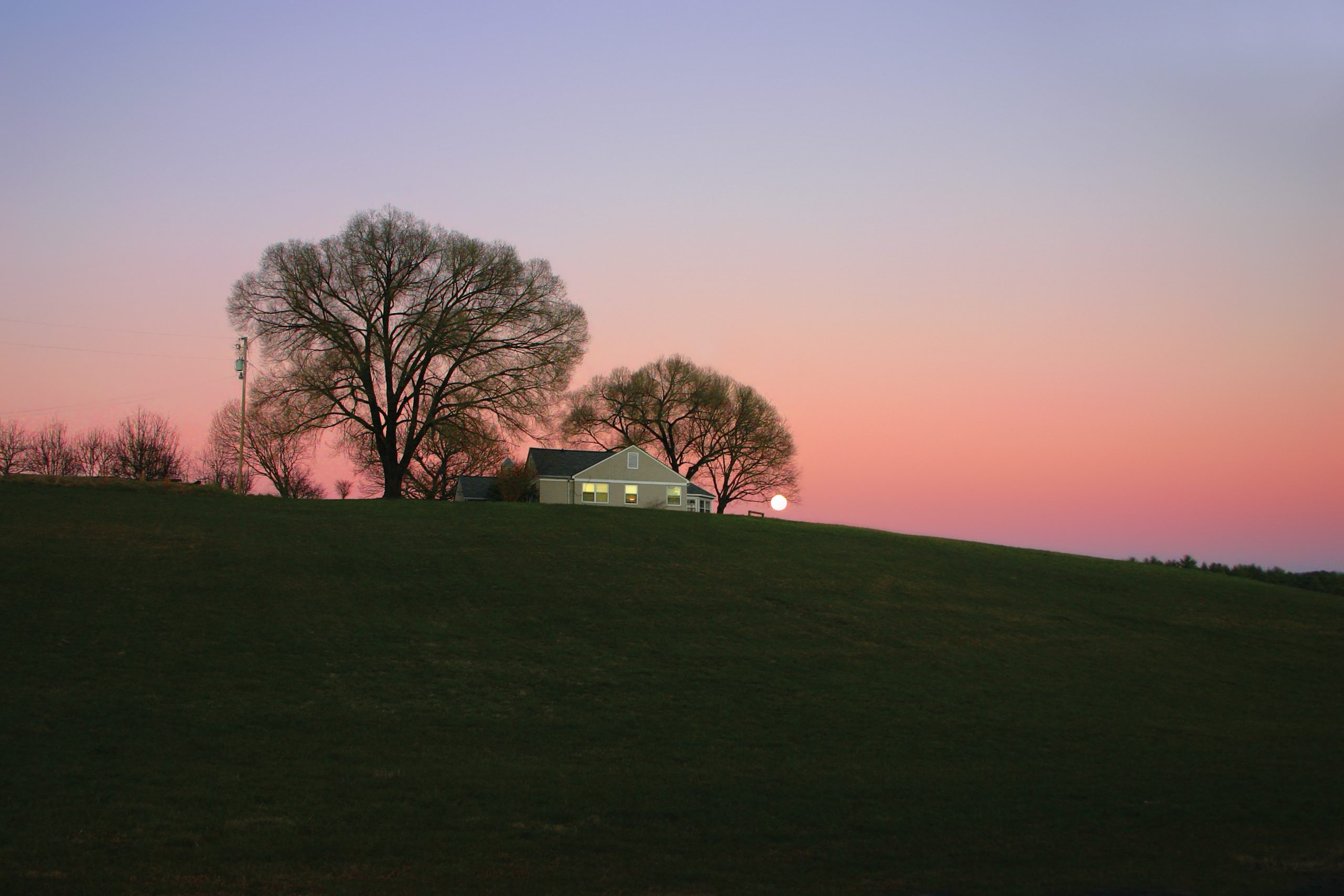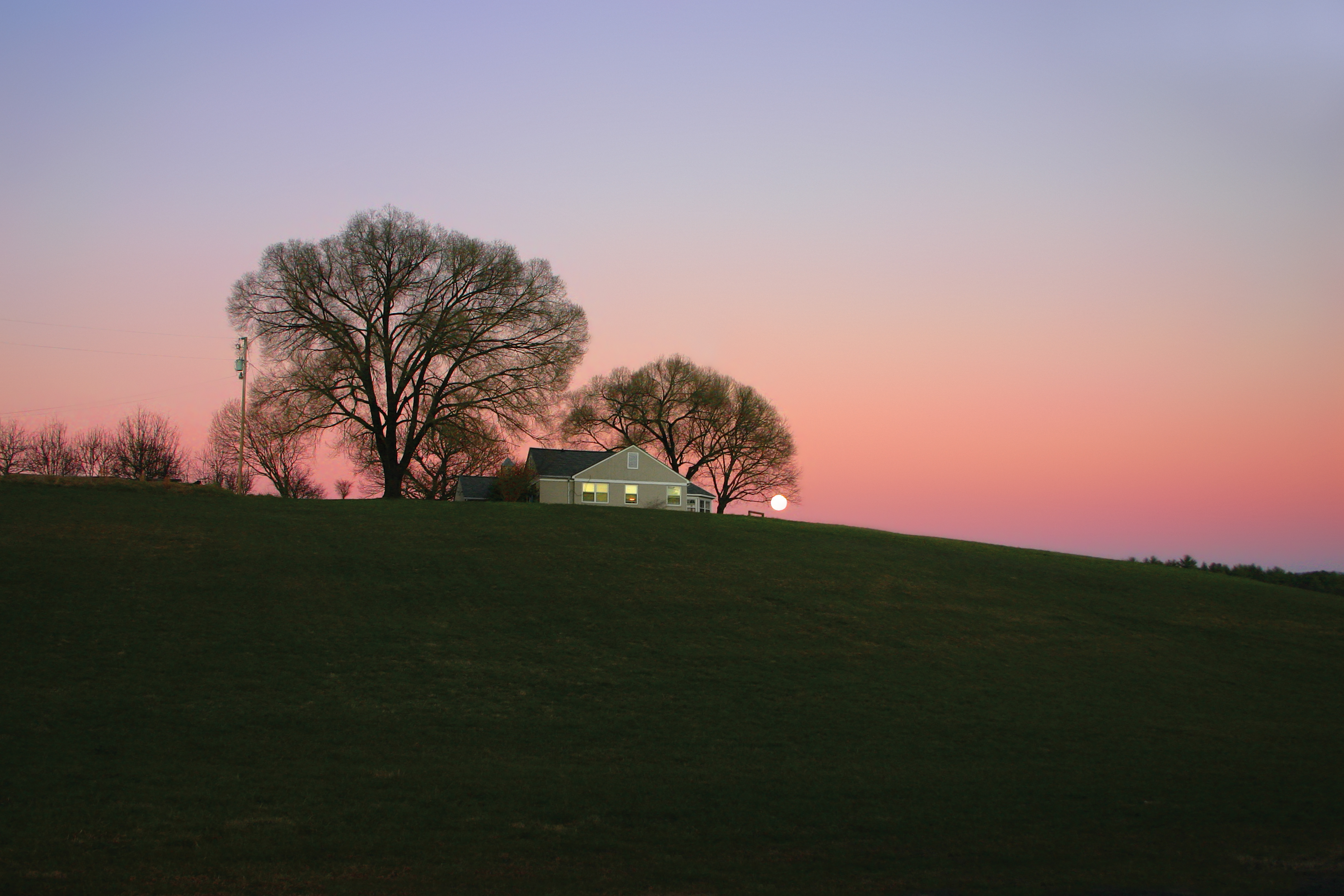
14 Feb Expectations by Lova Lantz

It is Thursday afternoon. Outside the writing studio window, the day is bathed in sunlight, the limb patterns on the grass motionless. Inside the studio, writers are at work with pen or laptop, or staring out the window, or sitting chin in hand. Chairs squeak, the printer clacks, the clock ticks. Small sounds that only accentuate the silence. The writing group is focused, which is different from a focus group . . . or maybe it isn’t.
I wondered, on Sunday before I arrived, who these people in the class would be, what they would be seeking, what they would be bringing. On Monday, as we tiptoed toward one another, I began to find out. Talking and listening, deciding what to offer up from our own personal stories, we began to trust. This is what I expected.
In the afternoon, we scattered across the campus, each of us to a different studio. The instructor had told us, “Write about what you are seeing, hearing, feeling there.” I heard only birdsong as I walked outside; all the other students were sequestered in class.
Rounding the mulched curve to the Woodworking Studio, I saw steam. The porch was steaming. I asked the man tending the steam if I’d found the banjo-making class. “You have,” he said. “I’m one of the instructors and I’m about to begin a steam-bending demo. Feel free to go inside and look around.” Noise! The moment I opened the studio door I was met with a wall of noise. Not from banjos playing, but machinery noise. What I saw was clusters of students working so intently that they didn’t even notice my presence. I expected to be questioned; instead, I was invisible.
The lights flickered. Did someone overload the circuitry? No, it was the other instructor. There was a demo in the next room. Ten students gathered around a vise; one of them was a woman. I don’t know why that surprised me, but it did.
The demo was about precision, about measuring, about using a straight-edge. Building a banjo is exacting work. Width of wood, degree of sanding, drilling position for holes—each affects the finished product, or spoils it. Lines drawn with a pencil too wide? Use an Exacto knife. The side of the wood wavy? More sanding needed. I saw drum sanders, belt sanders, sandpaper on blocks. Making more noise. Eventually there would be music, but for now, cacophony.
On Tuesday I was in a different place, slightly confused, somewhat adrift, in that uncomfortable zone that often precedes growth. I asked myself why I was writing, what I was writing, what I would ever make of the thousands of words on my flash drive. My mind squirmed, trying to get back to familiar footing. This was not what I expected.
A dinner table conversation that evening with a classmate about capable women and possibility reminded me of what happens at the folk school. That it changes us. The iron bends, the yarn spins, the clay shapes, and then we see the patterns. I was simply being changed—being bent, spun, shaped.
The next morning I made a startling discovery when I read my writing piece to the group: my classmates thought I was funny. Not odd-funny, not stand-up-comic-funny, but they thought that what I had written was humorous. I had never thought of myself in this light. Their laughter gave me a gift, not only the strong writing tool of humor, but a return to myself.
I marvel at the variety of ideas that float among us, at the fresh approaches I note from listening to how someone else did it. And especially I marvel at the bonding that occurs. Within the walls of Harvest Room, we open ourselves to strangers in a way we would in no other place. Except maybe hospital rooms. Or fox holes, so I’ve heard. The very nature of writing, especially non-fiction writing, seems to insist on this bonding. The bonding itself no longer surprises me, since it happens every time, every class; yet that’s exactly what surprises me, that it does happen every time, every class. I recall a six-word memoir from an earlier folk school class: Six strangers. Wrote stories. Not strangers.
On Monday morning of this week, each of us had been looking for a direction; on Thursday afternoon, each of us is racing down the path she found. The energy in the silent room is a presence, a creative force wrapping itself around us, breathing into us, radiating among us. All of us are being changed.
I feel rich. A week at the folk school always leaves me feeling rich. And refreshed. And inspired. And exhausted. Now this is what I expected.
Lova Kay Lantz
Creative Nonfiction class, January 27-February 2, 2019




Ann Nixon
Posted at 15:54h, 19 FebruaryLova, what a great capture of the Folk School experience. You created a picture of what is in the eye, and the ear, and the soul. Well done, Midwife!
ann
Maureen Ryan Griffin
Posted at 18:46h, 21 FebruaryLova, reading this post made me feel like I was right back at Orchard House in our dear writing studio. And it made me ever-so-grateful I had the pleasure of having you in my writing class there last year! What a wonderful time, what a wonderful community of writers, what a wonderful, inspiring place JCFS is to gather together to write! Keep those words coming!
Jacqueline Casey
Posted at 14:48h, 22 FebruaryYes, your writing reminded me of first time I discovered the Folk School in 1990. It was something like stepping back to another time and place, like the musical, Brigadoon. If you are ready for it, you may be transported by the atmosphere, the landscape and the energy felt. Yes, even the dining room has a different ‘tone’.